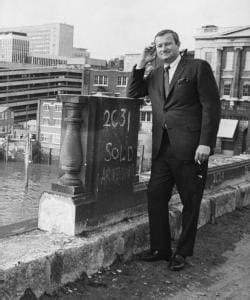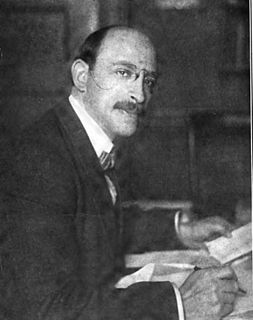A Quote by Blaise Pascal
Related Quotes
When I first went into freelancing, I think there was a period of about eight months when nothing happened. Everything that I wrote crumbled up, and then it became a self-destructive thing - when you begin to doubt yourself, when doubt turns into - it's sort of like impotence. Once impotent, you're forever impotent. Because you're always worried about being impotent.
In the secret of my heart I am in perpetual quarrel with God that He should allow such things [as the war] to go on. My non-violence seems almost impotent. But the answer comes at the end of the daily quarrel that neither God nor non-violence is impotent. Impotence is in men. I must try on without losing faith even though I may break in the attempt.
There is no question that Darren Wilson caused the death of Michael Brown by shooting him, but the inquiry does not end there. The law authorizes a law enforcement officer to use deadly force in certain situations. The law allows all people to use deadly force to defend themselves in certain situations.










































